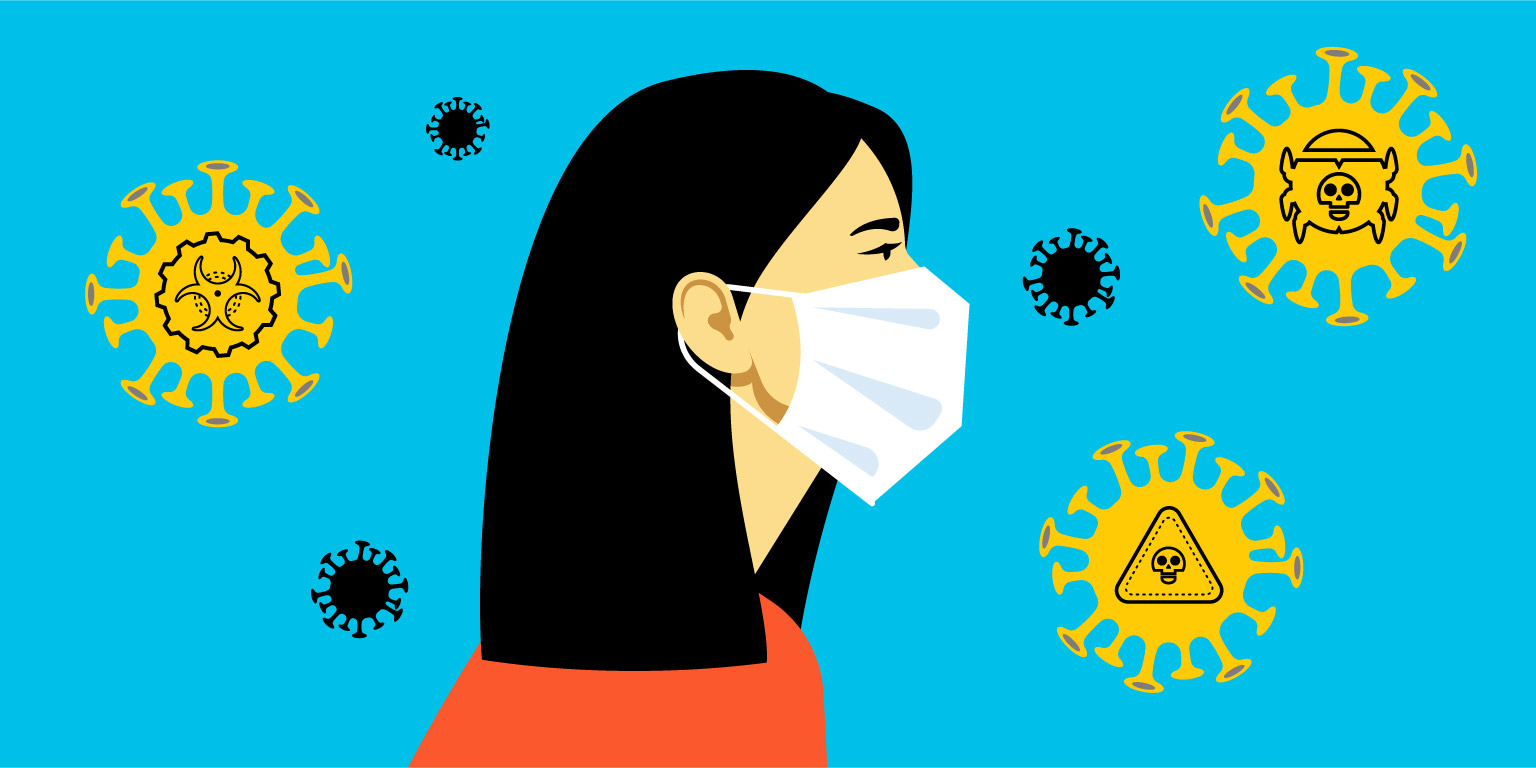About 13 percent of adults in the U.S. report exhibiting severe psychological distress during the COVID-19 pandemic, new research in the Journal of American Medical Association has determined.
As part of a new study released by a team of researchers at the Johns Hopkins Bloomberg School of Public Health, over 1,337 adult participants took part in questionnaires throughout mid-2020, from April to July.
The participants were asked for their input on several potential stressors having affected them or their closed ones throughout the pandemic. The survey touched on numerous factors including employment, finances, education, and health insurance.
The study affirmed that severe psychological distress among the participants was estimated with a prevalence of 13.6 percent throughout the span of which the pandemic transpired in mid-2020. The distress heightened the risk of psychiatric disorders, the research team indicated.
“Reported prevalence of serious psychological distress among US adults was 13.6% in April 2020 and 13% in July 2020. Persistent distress increases the risk of psychiatric disorders, which the Kessler 6 scale predicts,” the study reads.
“High prevalence at both time points suggests that the pandemic’s longer-term disruptions are important drivers of distress. More than 60% of adults with serious distress reported that pandemic-related disruptions to education, employment, and finances negatively affected their mental health,” the study also states.
“These stressors may be particularly salient to young adults, about a quarter of whom reported serious distress in both April and July.”


